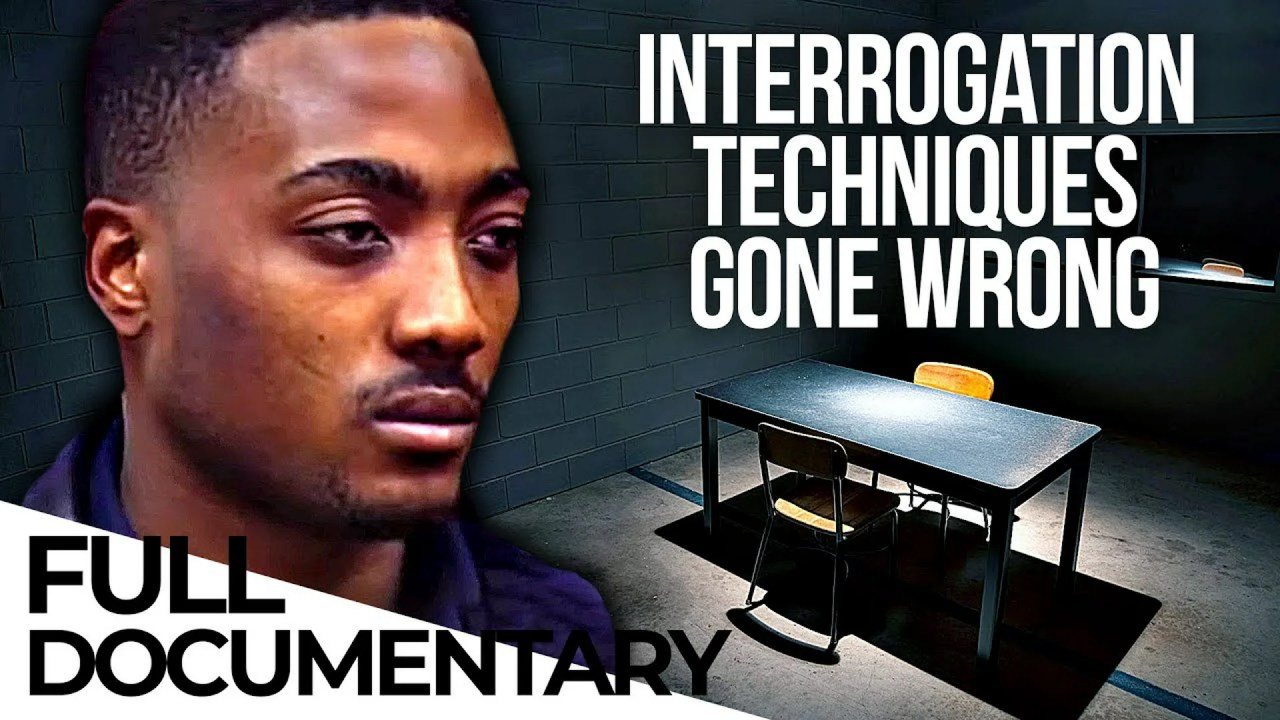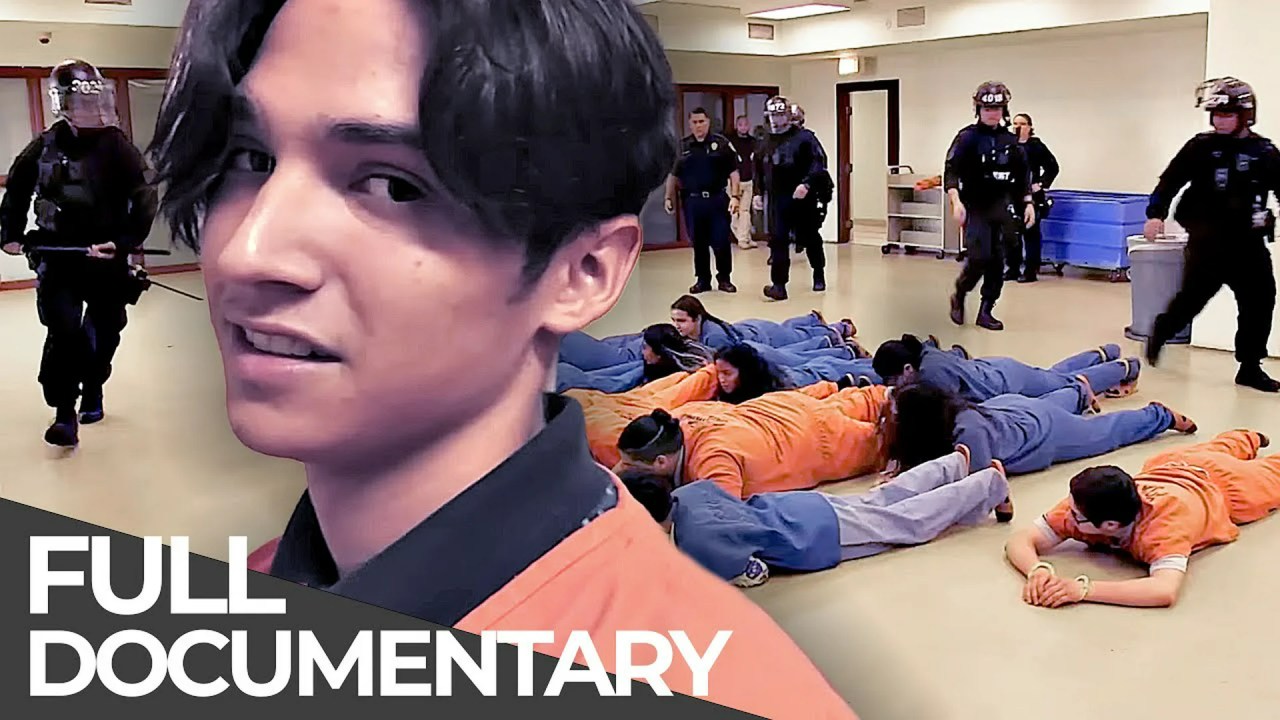False Confession: How the Police Psychologically Breaks Down Suspects | Reid Technique Interrogation | ENDEVR Documentary
Why would someone confess to a crime they didn’t commit?
In America, nearly 30% of those exonerated by DNA tests had previously confessed. For more than half a century, the Reid technique was the favored method of extracting confessions out of suspects. This method of slowly building pressure often made it seem that admitting guilt was the easiest way out. But now, a number of police forces are abandoning the Reid technique because of the risk of generating false confessions.
We hear from the men and women who have spent more than 20 years in prison for crimes they did not commit. They tell us about that moment when, in the darkness of the interrogation room, cut off from the world and terrified by police officers, they finally said what the interrogators wanted to hear…the moment their lives changed forever.Have you ever wondered why someone would confess to a crime they did not commit? According to a recent study, nearly 30% of those exonerated by DNA tests in the United States had previously confessed to crimes they did not commit. This statistic raises important questions about police interrogation techniques and the potential for false confessions.
For more than 50 years, the Reid technique has been a popular method for extracting confessions from suspects. The technique involves slowly building pressure on a suspect, making it seem as though admitting guilt is the easiest way out. However, a growing number of police forces are abandoning the Reid technique due to its potential for generating false confessions.
The ENDEVR Documentary, “False Confession: How the Police Psychologically Breaks Down Suspects | Reid Technique Interrogation,” explores the devastating consequences of false confessions. It features interviews with men and women who have spent more than 20 years in prison for crimes they did not commit. These individuals describe the moment when, in the darkness of the interrogation room, they finally said what the interrogators wanted to hear, leading to a confession that changed their lives forever.
The documentary sheds light on the psychological tactics used by police to break down suspects, including sleep deprivation, withholding food and water, and threatening physical harm. These tactics can lead to false confessions, as suspects may confess to crimes they did not commit simply to end the interrogation and escape the psychological torture.
The ENDEVR Documentary is an eye-opening and thought-provoking account of the dangers of the Reid technique and the importance of protecting the rights of suspects during police interrogations. It is a must-watch for anyone interested in criminal justice and the impact of police interrogation tactics on innocent people.
Don’t miss out on this powerful documentary. Watch “False Confession: How the Police Psychologically Breaks Down Suspects | Reid Technique Interrogation” today and join the conversation about the need for reform in police interrogation practices.





















